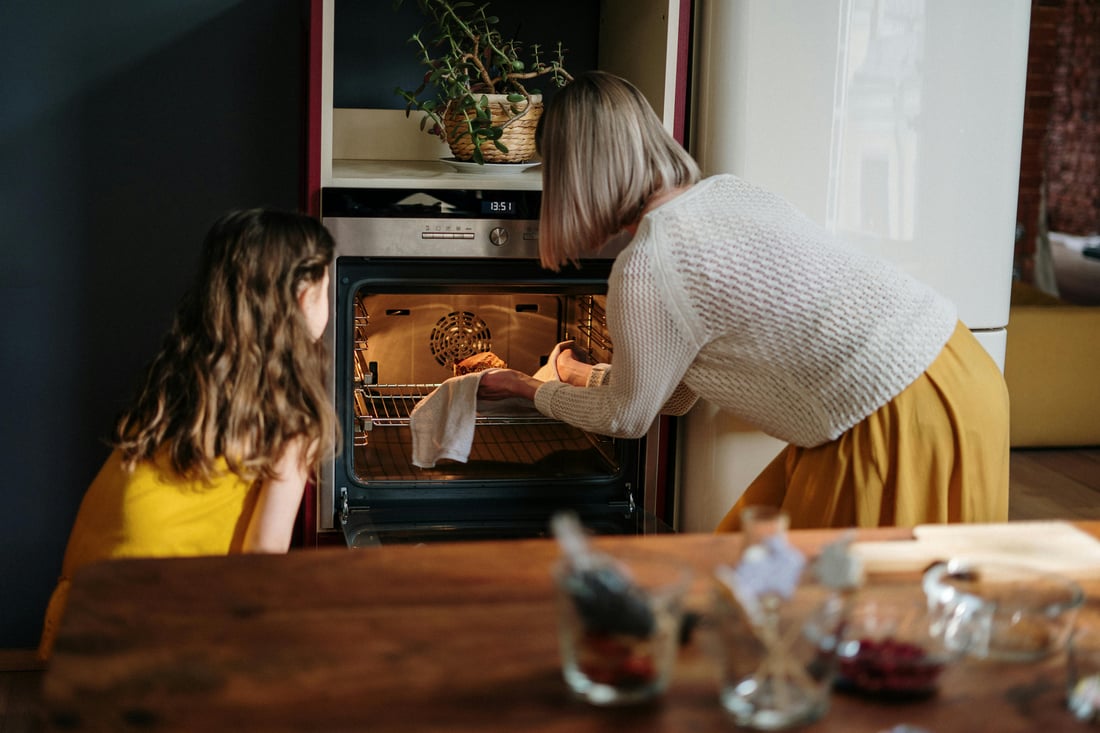A built-in oven inspection is a thorough examination of the oven unit that is fixed permanently in a kitchen cabinet or wall. This inspection is essential to ensure the oven is functioning properly and safely. It involves checking for any potential hazards or issues that may arise from regular use.
Why Regular Inspections are Necessary
Regular built-in oven inspections are crucial to prevent potential safety hazards. Faulty wiring, gas leaks, and worn-out components can lead to dangerous situations if not detected early on. By scheduling routine inspections, homeowners can ensure their built-in ovens are operating efficiently and avoid costly repairs in the future.
Common Issues Found During Inspections
During a built-in oven inspection, technicians often come across common issues such as temperature inconsistencies, broken seals, and malfunctioning controls. These issues can affect the performance of the oven and result in uneven cooking or overheating. Identifying and addressing these issues promptly is key to maintaining the oven's functionality.
Benefits of Professional Inspections
Hiring a professional to conduct a built-in oven inspection offers several benefits. Professionals have the expertise and tools to thoroughly assess the oven and detect any underlying issues that may not be obvious to the untrained eye. They can also provide recommendations for maintenance and repairs to prolong the lifespan of the oven.
DIY Inspection Tips
While professional inspections are recommended, homeowners can perform basic checks on their built-in ovens between service appointments. This includes visually inspecting the exterior and interior of the oven for signs of wear, testing the oven's temperature accuracy, and checking for any unusual smells or noises during operation.
Signs Your Oven Needs Inspection
There are several signs that indicate your built-in oven may require inspection, such as uneven cooking, burning smells, or error messages on the display. If you notice any of these symptoms, it is important to seek a professional inspection to determine the root cause of the issue and prevent further damage.
Cost of Inspections
The cost of a built-in oven inspection can vary depending on the service provider and the extent of the inspection required. On average, homeowners can expect to pay a reasonable fee for a thorough assessment of their oven's condition. Investing in regular inspections can ultimately save money by avoiding costly repairs down the line.
Frequency of Inspections
It is recommended to have your built-in oven inspected at least once a year to ensure optimal performance and safety. However, if you use your oven frequently or notice any concerning issues, more frequent inspections may be necessary. Consulting with a professional can help determine the ideal inspection schedule for your specific oven.
Importance of Maintenance
In addition to inspections, regular maintenance is key to keeping your built-in oven in top condition. Cleaning the oven, replacing worn-out parts, and following proper usage guidelines can prevent issues and extend the lifespan of the appliance. By taking care of your oven, you can enjoy hassle-free cooking for years to come.
Conclusion
Built-in oven inspections are essential for ensuring the safety and functionality of your appliance. By scheduling regular inspections, addressing any issues promptly, and investing in maintenance, you can prolong the lifespan of your oven and avoid costly repairs. Prioritizing the care of your built-in oven will ultimately lead to a more efficient and enjoyable cooking experience.
Quote Inquiry
Contact us!

